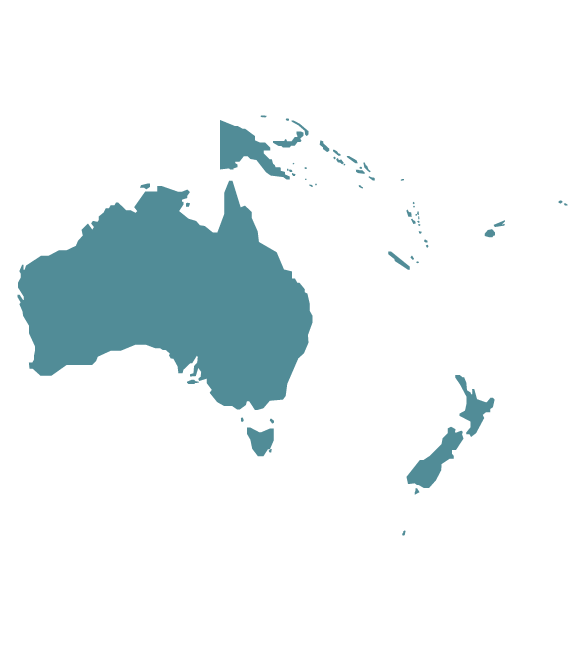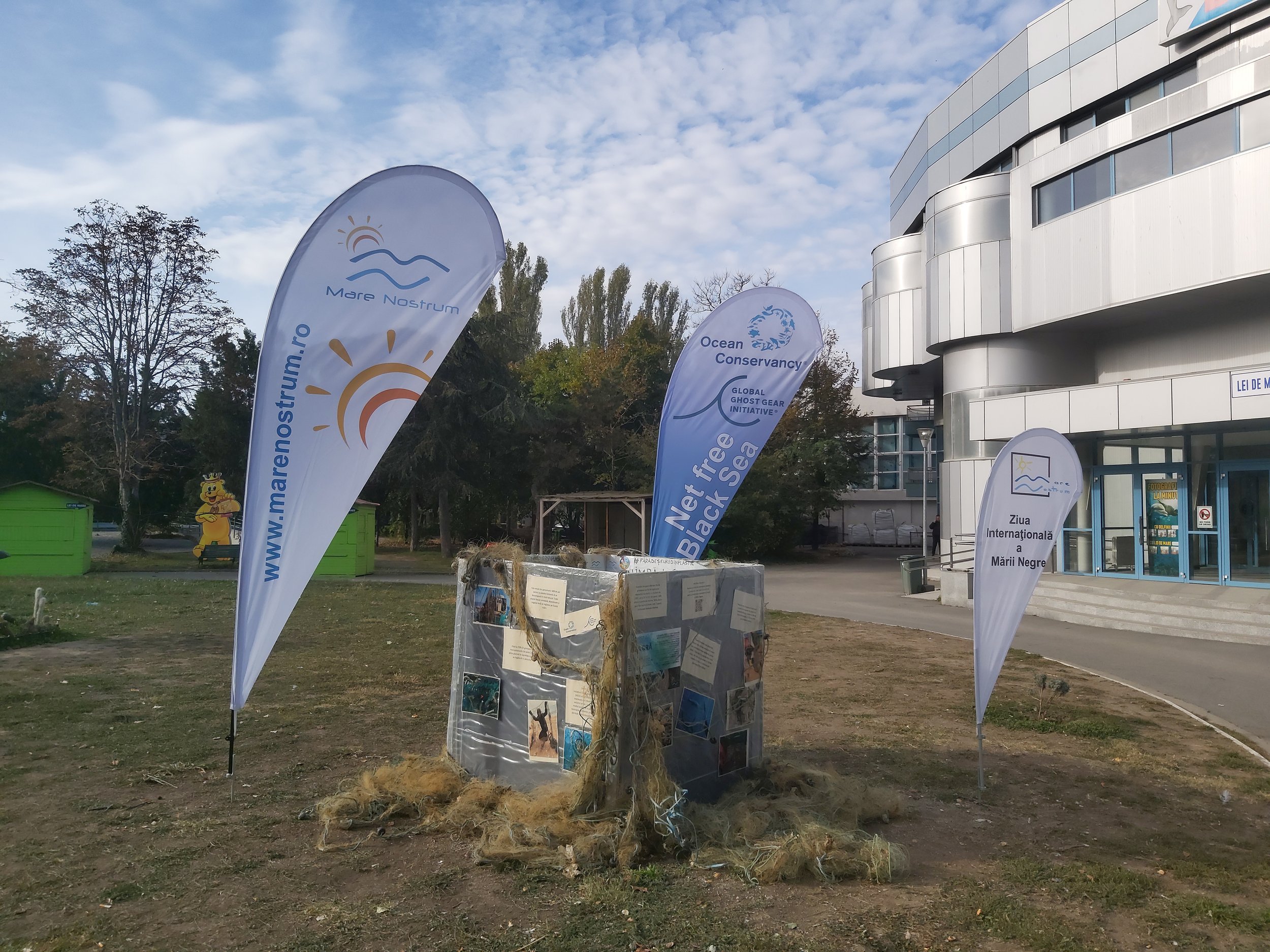Our
projects
Projects on this page are divided into two categories: GGGI Signature Projects and GGGI Small Grants.
GGGI Signature Projects are collaborative projects that have been designed by and funded through the GGGI involving several GGGI members and other partners contributing to large-scale and often multi-phase projects.
GGGI Small Grants are projects are funded through the GGGI Small Grants Program, which is a competitive bid-based program open to GGGI members only, pending available funding. GGGI Small grants typically involve one or more GGGI members working on specific projects in select geographies.
GGGI projects by region - select a region and then click “explore” to see projects from each region
All Projects
Search by Category
- Africa 4
- Asia 6
- Capacity Building Workshops 12
- Central and South America 1
- Data Collection 14
- EOL Gear Collection/Recycling 14
- Europe 5
- Fisher Interviews 9
- Gear Removal 25
- North America 14
- Oceania 2
- Outreach and Education 23
- Predictive Models 5
- Side Scan Sonar Surveys 5
- Technology Testing 8
- UAV Surveys 4
GGGI Small Grant (2024) - Patuakhali Science and Technology University (Bangladesh)
Bangladesh is located on the Bay of Bengal, which supports vast commercial and artisanal fisheries. Through this 2024 small grant, Patuakhali Science and Technology University (PSTU) expanded its efforts to understand local causes of gear loss, and to educate fishing communities in St. Martine Island and the city of Chittagong about ALDFG impacts. In addition to organizing community workshops, PSTU also hosted a community policy dialogue to provide policy recommendations for the prevention and mitigation of ghost fishing in the Bay of Bengal.
GGGI Signature Project - North American Net Collection Initiative (NANCI)
Our signature North American Net Collection Initiative (NANCI) project is the first-ever transboundary initiative to prevent ghost gear in the coastal waters of the western United States, Mexico, and Canada. The GGGI, along with the Government of Mexico and several local non-profit organizations (including WWF Mexico, Pronatura Noroeste, Manta Caribbean Project, Wildcoast, and Bureo Inc.), and supported by funding from a diverse set of funders including the U.S. National Oceanic and Atmospheric Administration’s (NOAA) Marine Debris Program, and the Builders Initiative, have come together to tackle ALDFG in a holistic way under the NANCI project banner.
GGGI Signature Project - Myanmar
Lost, abandoned and discarded commercial and artisanal fishing gear is emerging as a critical threat to Myanmar’s coastal ocean, where it impacts both ecologically and economically important living marine resources, including threatened and endangered species like dugongs, turtles, manta rays, and corals; and poses a threat to Myanmar’s budding ocean-based tourism industry. To address the challenge of ghost fishing gear in Myanmar, the GGGI and the Myanmar Ocean Project initiated a ghost gear removal pilot effort - the first of its kind in Myanmar. The project, funded by World Animal Protection and the National Geographic Society, focused specifically on the Myeik Archipelago, one of the most untouched island groups in the world. Throughout the islands of the archipelago, ghost nets from artisanal fisheries have been found beneath the surface, threatening key species such as manta rays, and harming the marine ecosystem. Ms. Thanda Ko Gyi, a Burmese national, highly skilled SCUBA diver, and founder of the Myanmar Ocean Project, was the first person in Myanmar to both raise the alarm about lost fishing gear and take the initiative to remove it, serving as Field Manager for the project.
GGGI Signature Project - Pacific Northwest
The Pacific Northwest region of Washington State and British Columbia is an area of incredible biodiversity and, as a result, significant fishing activity, particularly for Dungeness crab and various salmon species. There has been significant work done in the region previously by several GGGI members, including the Northwest Straits Foundation (NWSF) and Natural Resources Consultants (NRC) in Washington State and the Emerald Sea Protection Society (ESPS) in British Columbia. Part of this work by NWSF and NRC includes the creation of the Puget Sound Crab Pot Prevention Plan and the Reporting, Response, and Retrieval (RRR) Program for newly lost nets, a program being conducted in coordination with the Washington Department of Fish and Wildlife.
GGGI Signature Project - Indonesia
Led by the Government of Indonesia’s Ministry of Maritime Affairs and Fisheries (MMAF) in collaboration with the GGGI, the objective of the ALDFG 3R Pilot Project is to deliver pilot projects for the full ALDFG lifecycle across the “3Rs” —to reduce, retrieve, and recycle ALDFG—and to explore a circular economy blueprint that could be developed in Indonesia. In addition to generous funding from the Government of Netherlands, the activities are also being supported through funding from Bumble Bee Seafoods. The current phase of the project expands on the work that commenced in 2017 to assess the practical and economic feasibility of various gillnet gear marking options for small-scale and artisanal fisheries, prove gear marking could form part of a comprehensive fisheries management system to help reduce ALDFG and IUU, underpin and strengthen the provisional recommendations to the (then) draft UN FAO VGMFG, and scope the viability of a net recovery and/or recycling project.
GGGI Signature Project - Vanuatu
The GGGI has been working with partners—including the Vanuatu Fisheries Department (VFD), Vanuatu Environmental Science Society (VESS) and Natural Resources Consultants (NRC)—since 2017 to increase community uptake of best practices for managing fishing gear in Vanuatu and to gather ALDFG data for the GGGI global data portal. As a continuation of the GGGI’s work in Vanuatu, the project team has built on lessons learned during earlier activities and has expanded engagement with local stakeholders. The project has continued to help raise awareness about ghost gear in Vanuatu while building capacity and generating community buy-in to effectively reduce and prevent gear loss going forward.
GGGI Signature Project - Caribbean
The GGGI has been engaging in the Caribbean since 2018, having been an observer and giving presentations on ALDFG at the Caribbean Regional Fisheries Mechanism annual meetings in Montserrat in 2018 and St. Kitts in 2019. The Caribbean region, being prone to frequent severe storm events such as hurricanes, experiences a significant amount of gear loss, particularly in its static gear fisheries using traps and pots. This comprehensive project is focused on two key project objectives in the Caribbean region:
reducing ghost gear by incentivizing adoption of best practices around gear loss prevention, exploring innovative gear designs and improving port reception facilities; and
identifying the types and prevalence of ghost gear in the region and conducting workshops to train local stakeholders in gear marking and retrieval.
GGGI Signature Project - Gulf of Maine and Rhode Island
Each year, thousands of lobster traps are lost in the Gulf of Maine due to poor weather, broken groundlines, and buoys buffeted by storms, or cut loose by boat propellers. These lost traps have significant ecological and economic impacts, resulting in diminished lobster populations and hundreds of thousands of dollars in lost revenue and replacement costs across the industry. To address this issue, the GGGI has been working with partners on the ground, including the Gulf of Maine Lobster Foundation (GOMLF) and Commercial Fisheries Research Foundation, as well as local fishers for years to help solve this problem by doing annual gear removals in the off-season as well as holding voluntary end-of-life “gear grab” events and local knowledge sharing and capacity building workshops.
GGGI Small Grant (2023) - Northwest Straits Foundation (USA)
Over 10,700 crab pots are lost each year in Washington’s Salish Sea (WASS) resulting in the loss of more than 142,000 harvestable size Dungeness crab each season. The recreational crabbing sector accounts for 86% of this gear loss, much of which occurs from user error. The Northwest Straits Foundation (NWSF) is working to reduce gear loss through its Catch More Crab recreational outreach campaign, educating crabbers on best practices to prevent pot loss for a healthy WASS.
GGGI Small Grant (2022/2023) - Mare Nostrum (Romania)
The pollution issue in the Black Sea has escalated over the last two decades, transforming it into one of Europe’s most polluted seas. This problem carries significant ramifications for the economies, social well-being (including health), and the environment of the countries bordering its shores. Adding to this concern is the persistent challenge of abandoned, lost, or discarded fishing gear, often referred to as "ghost gear," which exacerbates marine plastic pollution, making it a prominent contributor to environmental degradation. During “Net Free Black Sea” Mare Nostrum removed approximately 1,380 kg of ALDFG in 7 dedicated collection sessions from 18 locations.
GGGI Small Grant (2023) - Environment and Food Foundation Cameroon (Cameroon)
Through this project, the Environment to Food Foundation (E2F) Cameroon has built on the organization’s existing work in Douala, Cameroon, to provide a holistic approach to the sustainable management of ALDFG by increasing the knowledge base among relevant stakeholders through data collection, education campaigns, and prevention and mitigation efforts. Workshops, educational materials, and direct engagement with the fishing community has lead to an increase the reach of E2F and continues to empower local communities and to drive policy and advocacy efforts around ALDFG.
GGGI Small Grant (2022) - Patuakhali Science and Technology University (Bangladesh)
The Southern coastal districts of Bangladesh, especially Patuakahli and Cox’s Bazar district, are home to the largest catch of hilsa and shrimp from the Bay of Bengal, with most fishers in the region predominantly artisanal gillnet and seine net fishers. In these fisheries, a significant amount of abandoned, lost, or discarded fishing gear (ALDFG) finds its way into the Bay of Bengal each year, with a wide range of environmental and economic impacts.
Two coastal sites, Kuakata of Patuakhali and Najirartak & Doriarnagar of Cox’s Bazar were selected for this study. For the collection of ALDFG, groups of daily and deep-sea fishers as well as a local youth group were formed in each site, consisting of more than 100 people in total. More than 4,000kg of ALDFG and other marine debris were collected from Kuakata and Cox’s Bazar, of which the quantity of ALDFG was 1,620 kg and 1,310 kg, respectively. In addition to ALDFG, plastic bottles, polyethylene bags, sandals, etc. are other common items found during ALDFG collections.

Become a Member
Interested in becoming a member? Click the button below to learn more.


















